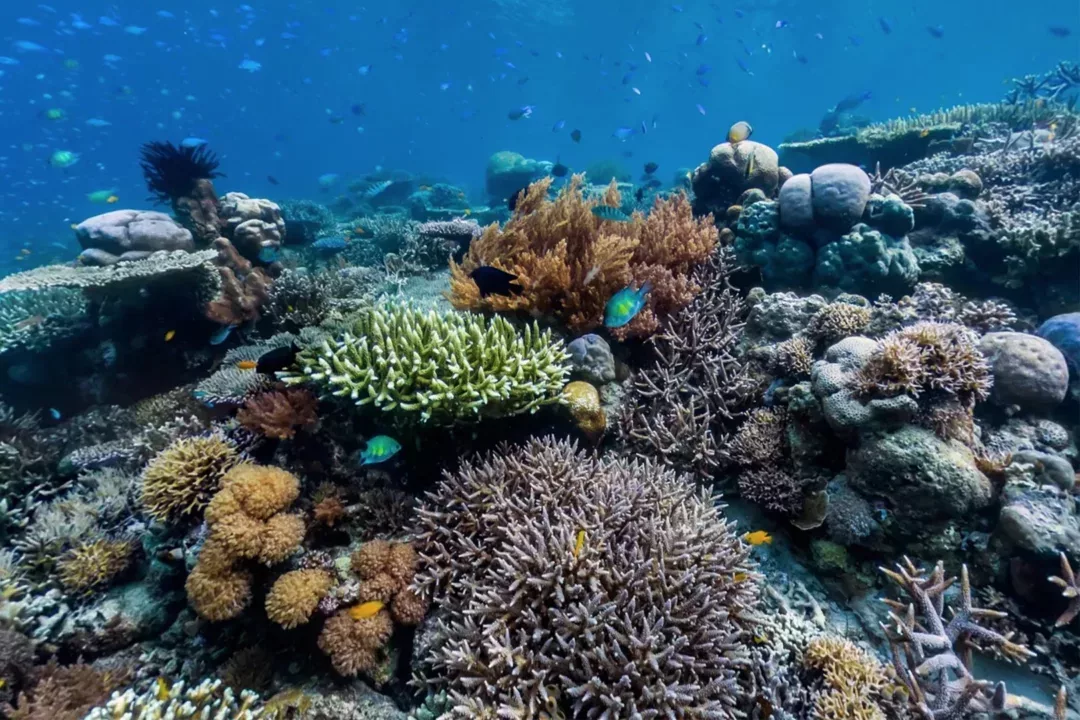NOAA’s Coral Reef Conservation Program (CRCP) supports the National Coral Reef Monitoring Program (NCRMP) throughout the U.S. Pacific, Atlantic, Gulf of Mexico, and Caribbean coral reef areas. This program is a strategic framework for conducting sustained observations of biological, climatic, and socioeconomic indicators in U.S. states and territories. The resulting data provide a robust picture of the condition of U.S. coral reef ecosystems and the communities connected to them.
A key component of this program is a periodic, national-level assessment on the status and trends of U.S. coral reef areas.
To develop these status reports for the first time, CRCP partnered with the Integration and Application Network (IAN) at the University of Maryland Center for Environmental Science (UMCES). The primary purpose of the CRCP status report products is to communicate the status and trends of U.S. coral reefs to Congress, NOAA leadership, and the interested public. Status reports for Atlantic and Pacific jurisdictions are currently available.
Ecosystem condition status reports are a common approach to synthesizing a large amount of ecosystem monitoring data into a public-friendly report that can be understood by decision-makers, managers, and scientists alike. Fundamentally, status reports help answer the question “How is the ecosystem doing?” The goals of a status report are to: provide a broad-level assessment, communicate complex information, use real data, and engage communities. To advance this effort, CRCP and IAN-UMCES brought together science experts, natural resource managers, and other stakeholders from NOAA and local jurisdictions to develop these reports.
The National Coral Reef Monitoring Program within the NOAA Coral Reef Conservation Program has just released new status reports for the U.S. Virgin Islands and Puerto Rico which can be viewed here. The Puerto Rico report is in both English and Spanish and can be downloaded below.
Source: NOAA website.

